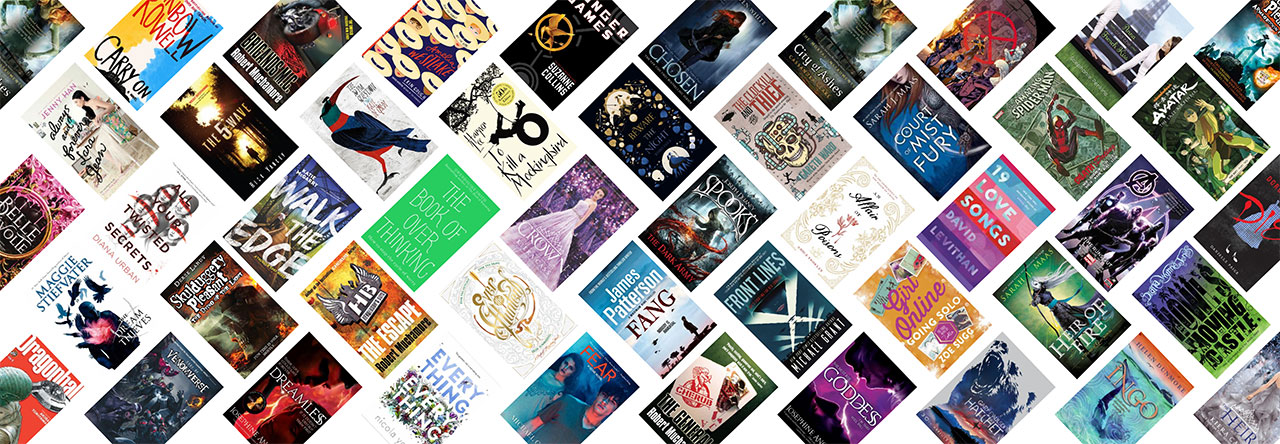Noaʻia ʻe mḁuri gagaj ʻatakoa! Hey everyone!
Last week was Rotuman Language Week! Gasav Ne Fäeag Rotuạm Ta!
New Zealand is the only country in the world where the languages and culture of our Pasifika cousins are celebrated. Fäeag Rotuạm, the Rotuman language, is the first of nine Pasifika language weeks this year, and it ran from the 9th May – 15th May 2021. Rotuma Day itself as on the 13th of May, and we marked the occasion with a beautiful display and a special family storytime sharing legends from the isle of Rotuma at Johnsonville Library.
Where is Rotuma you ask? Well the main island of Rotuma is about 13km by 4km and is about 580km from Fiji’s capital, Suva. Rotuma is a dependency of Fiji, so Rotumans will usually speak Fijian and English too! There are about 2000 Rotumans living on the island, and 10,000 living in mainland Fiji and globally.
This year’s theme for Gasav Ne Fäeag Rotuạm Ta is Tutur häk ne måür lelei – the four pillars of life and wellbeing:
- Måür Fak’ata = represents our spiritual pillar – a place of solace that gives meaning to life.
- Måür Fakforo = represents our physical pillar – living life in all its fullness
- ‘Os A’häe = represents our psychological pillar- steers our presence and place in life
- Hạikạinagaga = represents our social pillar – our connection with people
Tutur häk ne måür lelei, is very similar to the Whare tapa whā model in te ao Māori, where reverence is given to the four sides of our holistic wellbeing: whānau, tinana, hinengaro and wairua. The theme of Tutur häk ne måür lelei acknowledges the strength and resilience of our Pasifika communities during the COVID-19 pandemic.
So how do you speak Rotuman? [Row-too-man] Well, Rotumans roll their ‘R’s and pronounce ‘G’ with a smooth ‘ing’ sound, similar to how Māori pronounce ‘ng’.
Here are some key phrases in Rotuman.
- Noa’ia [Noah-e-yah]= Hello, greetings.
- Ka ‘äe tapen? [Car eh tar-pen] = How are you?
- Gou lelei fḁiåksia [Ngou leh-lay for-yak-see-yah] = I am well thank you.
- Figalelei [Fee-nga-leh-lay] = Please
- Fḁiåksia [Foyak-see-yah] = Thank you
- Hanis ma röt’åk [Hah-niece mah röt-ack] = Sorry
- La’ ma ḁlalum [Lah mah aw-lah-loom] = Goodbye (only to those leaving)
- Fu’ ma ḁlalum [Foo mah aw-lah-loom] = Goodbye (only to those staying)
The Ministry for Pacific Peoples, provides great resources and information about our Pasifika languages and cultural events. Visit the Ministry for Pacific Peoples’ website for more information about Rotuman Language Week 2021!





 The History Speech / Sweet, Mark (coming soon to our libraries!)
The History Speech / Sweet, Mark (coming soon to our libraries!)

